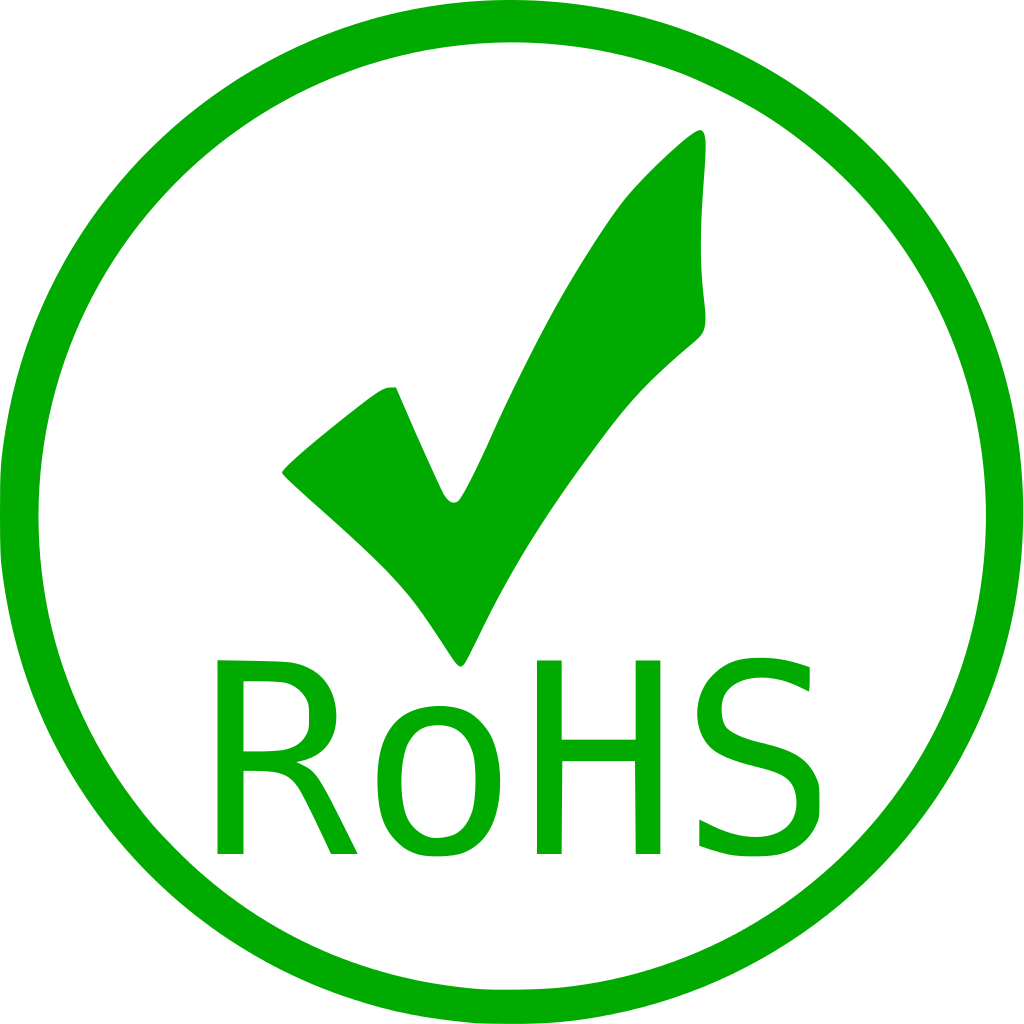
The European Commission has a consultation, open to 30th January 2020, on restrictions on restrictions of additional substances under the RoHS Regulation (Restriction of Hazardous Substances in electrical and electronic equipment), with assessments of TBBPA (tetrabromobisphenol-A), MCCPs (medium chain chlorinated paraffins) and ATO (diantimony oxide). The consultation is based on dossiers for each substance prepared for the European Commission by Öko-Institut and Fraunhofer IZM (each 60-80 pages).
For ATO, the dossier concludes that workers in recycling plants are potentially exposed to “a risk exceeding the occupational exposure limits” but that actual data from workplaces shows lower levels. It notes that if ATO is restricted, “regrettable substitution” may occur, with compensation by use of higher doses of halogenated FRs. The report therefore recommends to carry out an assessment of a possible RoHS restriction of the group of all halogenated FRs plus ATO.
For MCCPs, the dossier notes that they are suspected PBT (persistent, bioaccumulative, toxic) and vPvB (very persistent, very bioaccumulative) and can contain significant levels of SCCPs (short chain chlorinated paraffins), which are a POP (persistant organic pollutant). The report concludes risks for workers and for the environment, but no evidence of risk to consumers, and recommends an effective RoHS ban (restriction to 0.1% by weight).
For TBBPA, the dossier indicates that it is suspected PBT, and is potentially an endocrine disruptor, reprotox and developmental tox; that workers are exposed by skin, the general population through ingestion and inhalation of dust; and that TBBPA is a long-range environmental pollutant, tending to accumulate and with environmental impact. The report recommends an RoHS limit of 0.1% by weight, which would effectively ban additive use of TBBPA but not reactive use (e.g. in epoxy resins) because such use should leave residual TBBPA levels below this limit.
EU consultation on RoHS restrictions on ATP, MCCPs and TBBPA. Closes 30th January 2020. Input should be relevant technical and scientific information, “not generic statements, not position papers”. https://rohs.exemptions.oeko.info/fileadmin/user_upload/RoHS_Pack_15/4th_Consultation/Guidance_Document_5th_Stakeholder_Consultation_P15_PartII_Part_III.pdf Documents should be sent by 30 January 2020 to o